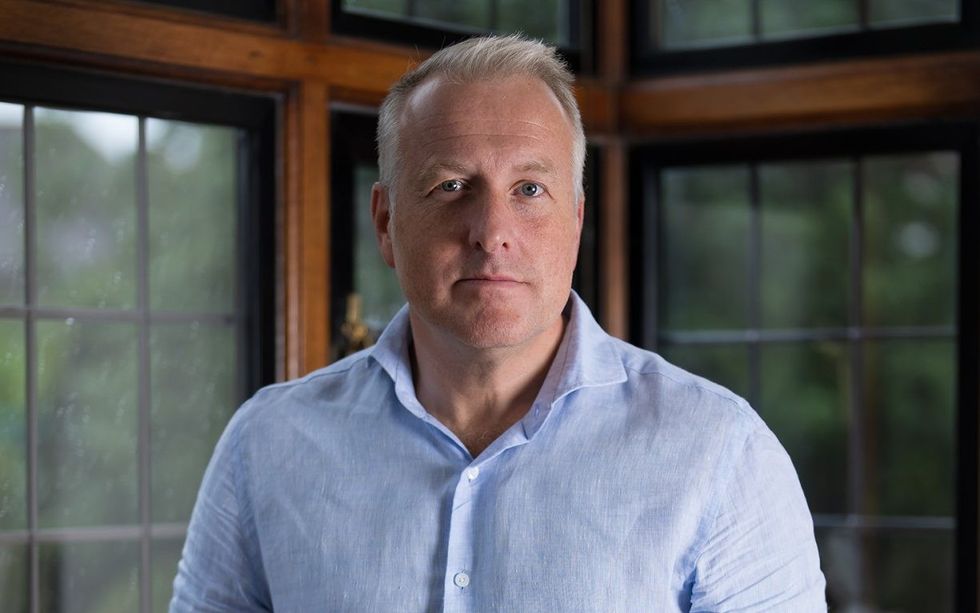The failure to build more homes means house prices will continue to rise across the UK
House prices are on the rise, and this trend could continue if more homes aren't built, according to property expert Jonathan Rolande
Don't Miss
Most Read
Latest
The latest Official National Statistics figures show house prices up 6.4 per cent annually. This is the fastest since December 2022, but they need an explanation rather than a celebration.
Yes, the stamp duty deadline created an artificial mini-surge in March, but the underlying trend reveals something more significant.
It’s that in times of persistent inflation and uncertainty, property continues to function as a reliable store of value.
This really, really matters in today's economic landscape. While cash savings steadily lose purchasing power and financial markets remain volatile, tangible assets like property provide the security many Britons and overseas investors seek. This isn't speculation in many cases, it's simply wealth preservation.
Corporate estate agent Jackson-Stops reports five buyers are competing for every new listing across their network. This imbalance isn't temporary but structural, thanks to decades of undersupply.
Successive governments have promised to deliver millions of homes during their terms, yet they have consistently fallen short. The consequences, when combined with massive population growth, are predictable - sustained price growth despite economic headwinds.

House prices in the UK have risen
| GETTYFor those with capital to invest, property offers dual benefits – potential capital growth alongside a yield that rivals the best savings rates. So far, so good, but we must acknowledge the broader implications. This same dynamic locks out first-time buyers and creates generational inequality that will shape Britain's economic landscape for decades.
Rental market statistics tell a similar story. Annual growth of 7.4 per cent represents a slight cooling but remains well above wage growth.
Looking ahead, we face significant challenges. The UK population is projected to grow to approximately 70 million over the next five years, yet rental supply remains constrained.
 Jonathan Rolande shares his opinions | JONATHAN ROLANDE
Jonathan Rolande shares his opinions | JONATHAN ROLANDETom Bill at Knight Frank correctly observes that the Renters' Rights Bill, while well-intentioned, risks further reducing supply by accelerating landlord exits.
The reality remains - Britain needs more homes, be they rental or owned. Until supply meaningfully increases, property will continue to outperform many other assets, but not because the market functions perfectly, but because the structural imbalance between supply and demand creates persistent upward pressure on values.
For investors seeking stability in uncertain times, property offers what few other investments can: a tangible asset that provides income, growth and inflation protection. As the old saying goes, “the best investment on earth is earth”.
Jonathan is the founder of House Buy Fast. For more information, visit www.jonathanrolande.co.uk











